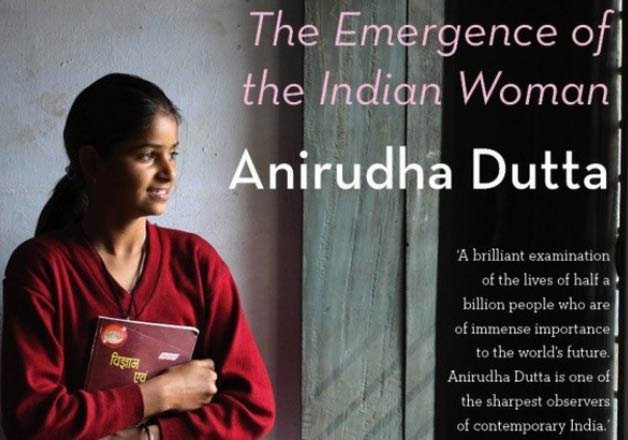Is that changing or will it change in your generation?
“I think, yeah (and she broke into a big smile and laughed as if almost amused at her own articulation of what many boys of her generation will do). I think more guys will be staying at home. I am sure.”…
In the previous chapters, I discussed how and why women's participation in the workforce is going to increase. Appropriate policies and a conducive environment can further accelerate women's participation in the workforce. While a reasonable amount of discussion is beginning to take place on how to harness India's demographic dividend, there is hardly any discussion on how to increase women's participation in the workforce. This is an urgent requirement. Policymakers, the government, NGOs and institutions working for issues related to women have to think of how to work with the new generation of girls and women who are better educated, aspirational and better informed.
Tanvi studied to become a doctor at Patna Medical College & Hospital (PMCH) and then specialised in pathology. What or who inspired Tanvi to study in a district where even today the literacy level for women is just 26.9 per cent as against the national average of 65.5 per cent? Who were her role models? “It was my mother,” said Tanvi. From Kolkata to Bhavnagar to Forbesgunge, the story was the same…
Tanvi belongs to a very prominent family in Bihar. She told me, “…We had a lot of landed property. We have three ‘sisters' (female cousins) in the family—my first cousin is eight years older to me. And they would say, ‘Arre, if a girl is born in this house, then it is very good and there is nothing to worry as there is enough property and wealth for her marriage.' My cousin was married off at the age of 17. But by the time I came of age, my parents told me that I was good in studies and they did not want to marry me off early. ‘Do well in studies and you will study further. We will give you a certain timeframe, otherwise we will get you married off early,' they told me. I started studying hard with the fear that otherwise I will be married off.”…
I asked Tanvi how things had changed within her extended family after her marriage. Tanvi became a doctor and after marriage came to Mumbai to work. She is financially independent and has gotten married to a person who is very supportive of her work and profession. Therefore, Tanvi is a role model for many in her family and immediate social network in Bihar. Or so I thought. But like many other things in life, the law of unintended consequences works here too and although she is a role model, she is one for very different reasons.
When Tanvi got married, her parents did not have to pay any dowry. She got married to a very accomplished person who was one of the top rankers in the extremely tough entrance exams to the Indian Institutes of Technology (IITs) and who now works for a global investment bank…
Tanvi told me, “All my uncles and aunts thought that once a girl studies then there is no tension about marriage. So now they want their daughters to study even if they have to pay donations to get them admission. This is driving the education of girls.” This is something that I heard in other towns and cities as well.
I asked Roy about the girls of his age. “Around me, girls are studying more. Boys get influenced by friends and do not study much… I have friends who drink and smoke. None of the girls drink or smoke…” As we finished the interview and got into our car, Tina told me, “Girls would eat him alive. Did you see he asked us for some advice, none of the girls we have met ever asked us for that? All the girls asked was what have you studied, where do you work, what work do you do, why are you asking us these questions, what does your husband do etc. etc.” Tina is right.
This is a recurring pattern—the boys watch more TV, buy more expensive things (Roy's most expensive purchase was a branded suit for a friend's marriage), spend more time playing outdoors with friends and study less. Girls are the exact reverse. I asked about these issues and more to Ranjana Guha, who has been a high-school teacher in Mumbai for over two decades and teaches English…

